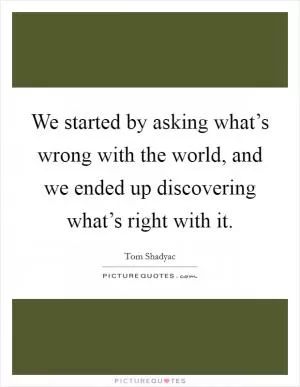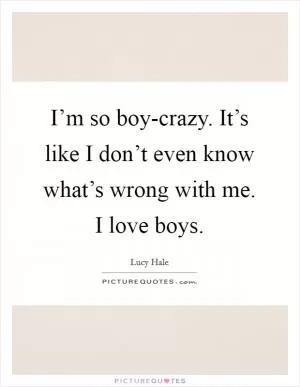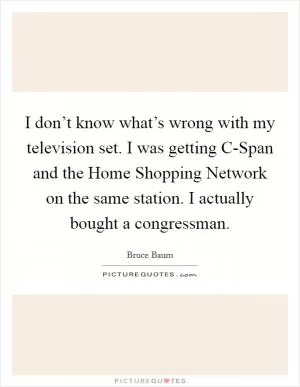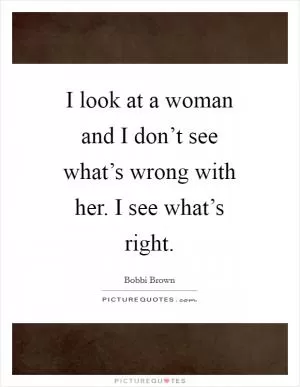It's not that i don't understand what's wrong. It's just that you wouldn't understand if it told you

It's not that i don't understand what's wrong. It's just that you wouldn't understand if it told you
Understanding words is not just about comprehending their literal meanings; it also involves grasping the emotions, intentions, and nuances behind them. When someone says, "It's not that I don't understand what's wrong. It's just that you wouldn't understand if I told you," they are expressing a deep sense of frustration and disconnect in communication.The speaker may feel that the listener lacks the empathy, perspective, or life experience necessary to truly comprehend the complexity of the situation. It's not a matter of intelligence or language skills; it's about being able to empathize and relate to the emotions and experiences being shared.
In some cases, the speaker may feel that the listener is too judgmental, dismissive, or closed-minded to truly listen and understand. They may fear being misunderstood, criticized, or invalidated if they were to open up and share their thoughts and feelings. This can create a barrier to effective communication and lead to feelings of isolation and loneliness.
On the other hand, the listener may genuinely want to understand and support the speaker but struggle to connect with their perspective. They may lack the necessary context, background information, or emotional intelligence to fully grasp the depth of the speaker's words. This can lead to misunderstandings, misinterpretations, and conflicts in the relationship.












 Friendship Quotes
Friendship Quotes Love Quotes
Love Quotes Life Quotes
Life Quotes Funny Quotes
Funny Quotes Motivational Quotes
Motivational Quotes Inspirational Quotes
Inspirational Quotes